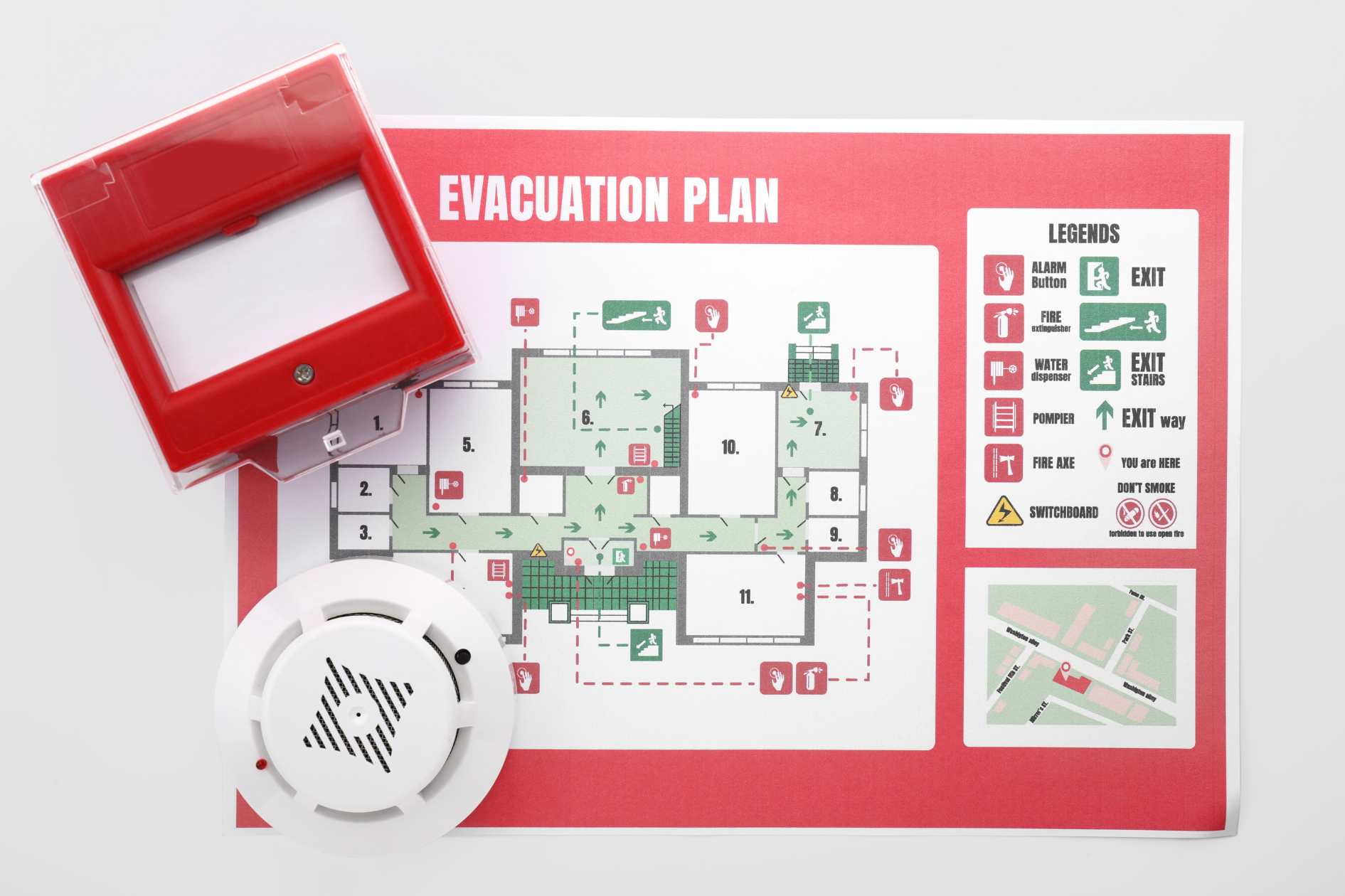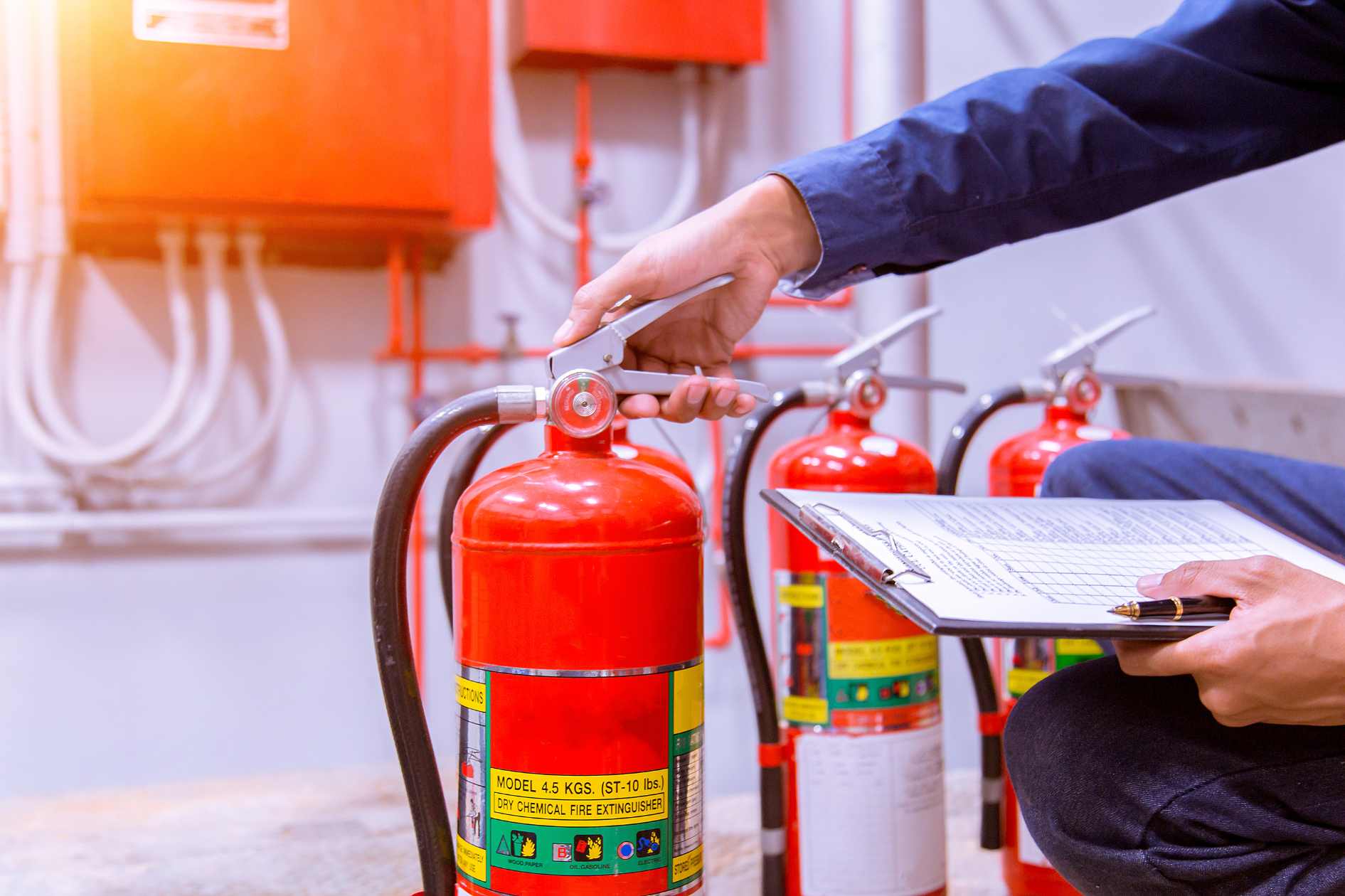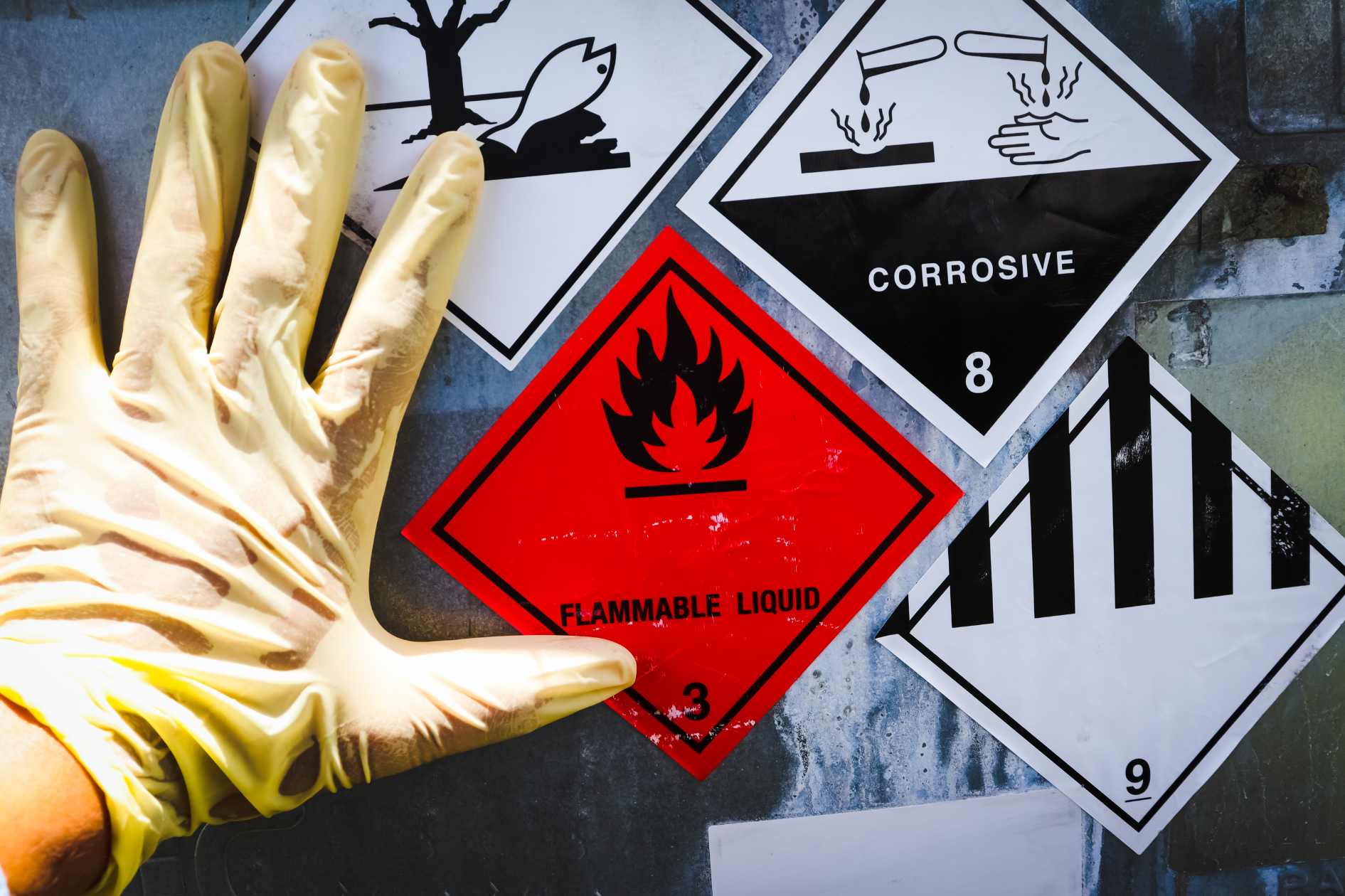How To Get Your California Food Handler Card In 2024
So, you’ve decided to work in the food industry in California in 2024. You’ll need a California food handlers card. It is an essential requirement for anyone handling food in the state.
What Is A California Food Handler Card?
California food handlers card is a certification that verifies that you have completed a state-approved food safety training program. It’s a crucial document for anyone working in a food-related job in California, such as restaurants, food trucks, and cafeterias.
Must Read: Texas Food Handlers Card Training
How To Get Your California Food Handler Card?
Follow the below process:
1. Check The Requirements
Before you start the process, make sure you meet the requirements
- You must be at least 18 years old.
- You need a valid government-issued photo ID.
- You must complete a state-approved food handler training program.
2. Choose A Training Provider
Choose Coggno for your online training needs in California. Our training is self-paced and affordable and offers a certificate upon completion.
3. Complete The Training
Enroll in the chosen training program and complete the course. Our training covers topics such as
- Foodborne illnesses
- Safe food handling practices
- Cross-contamination prevention
- Time and temperature control
- Proper handwashing techniques
The course usually takes a few hours to complete. Be sure to take your time and absorb the important information.
4. Pass The Exam
After finishing the training, you will have to pass an exam.
5. Get Your California Food Handler Card
Once you’ve completed the training and passed the exam, you will receive your Food Handler Card.
Must Read: California Food Handlers Card Training
How Long Is The California Food Handler’s Card Valid?
Your food handlers card will be valid for three years from the date of issuance. After that, you’ll need to renew it by retaking the training and exam.
Must Read: Food Safety Certification — What Is It, And Do You Need It?
Who Needs A Food Handler Card?
In California, virtually anyone who works with food is required to have a Food Handler Card. It includes:
- Restaurant employees
- Food truck workers
- Baristas
- Deli staff
- Catering personnel
- Cafeteria workers
- Mobile food vendors
- Temporary event food vendors
- Anyone involved in the preparation, storage, or service of food to the public
What Are The Exemptions For Food Handler Cards?
While most individuals working with food in California are required to obtain a Food Handler Card, this rule has some exemptions. Here are some common exemptions to be aware of:
- Farmers and agricultural workers (if they do not handle or prepare food for direct sale to the public)
- Certified food protection managers (if they are present at all times during food service operations)
- Volunteers at nonprofit organizations involved in occasional food service activities (subject to specific conditions)
- Vendors selling only prepackaged food that does not require further handling or preparation (conditions may apply)
- Temporary food facilities or booths operating for less than 52 consecutive days at one location (check local regulations)
Please note that the specifics of who is exempt from needing a Food Handler Card can vary by location and local health department regulations. So, you must check with the relevant authorities for precise information in your area.
What Is The Employer’s Responsibility In Getting A Food Handler Card?
Here’s what employers are typically required to do:
1. Inform Employees
Employers must inform their employees about the legal requirement for a food handlers card. It includes new hires and existing employees who may not have one.
2. Verify Employee Compliance
Employers are responsible for verifying that their employees have valid food handler cards. It may involve keeping records of when employees obtained their cards and when they need to be renewed.
3. Provide Training Resources
Some employers offer training resources or access to accredited training programs to help their employees obtain food handler cards. It can include online courses, study materials, and practice exams.
4. Schedule Training
Employers should schedule training sessions or allow employees time to complete the training independently. In some cases, employees may be required to complete the training before starting their job.
5. Support Card Renewal
Employers should also assist employees in renewing their food handler cards when they expire, typically every three years. Employers can remind employees of the expiration date and provide resources for renewal.
6. Maintain Compliance Records
Employers must keep records of their employees’ food handler cards and ensure they are current. This documentation should be present during health inspections and audits.
7. Comply With Local Regulations
Employers should be aware of and comply with any local regulations that may apply in addition to the state requirements. Local health departments may have additional rules or standards that must be followed.
8. Encourage Safe Food Handling Practices
Beyond the legal requirements, employers should encourage and enforce safe food handling practices in the workplace. These include proper handwashing, hygiene, temperature control, and cross-contamination.
Why Is The California Food Handler Card Important?
Obtaining a Food Handler Card is essential for several reasons
- It ensures that food service workers are trained in safe food handling practices.
- It’s a legal requirement in California. Failing to have a valid card can result in fines and other penalties.
- Employers in the food industry sometimes mandate their staff to have a food handlers card.
Frequently Asked Questions
Now, let’s answer some of the frequently asked California food safety certification questions:
Q. What are the different types of food safety certifications available?
HACCP, ISO 22000, FSSC 22000, and GMP are standards for food safety certifications guaranteeing safe and compliant food practices.
Q. Is California food safety certification mandatory in all of California?
While not universally required throughout California, many counties and cities mandate food handler cards for individuals working in food establishments. It’s essential to check the specific regulations for your location.
Q. Is California food safety certification required by law?
Yes, a CA Food Handler Card is required by law. Employees who handle food must have a California Food Handler card on file with their employer within 30 days of hire. Employees must complete the 90-minute training and pass the exam with a 70% or higher to obtain a card.
Q. What topics are covered in a California food safety certification course?
California food safety certification courses cover a range of topics to ensure safe food preparation and handling. These include:
- Foodborne illness: Prevention, risk factors, and types of foodborne illnesses
- Personal hygiene: Proper handwashing to remove bacteria
- Food safety basics: Temperature controls for safe storage, cooking, and cooling
- Food contamination: Preventing cross-contamination and understanding the risk of food contamination in the workplace
- Cleaning and sanitization: Proper techniques to ensure a safe and healthy food environment
- Cooking temperatures: Ensuring food is cooked properly
Q. How long is a California food handler card valid?
In most cases, a California food handler card is valid for three years from the date of issuance. However, it’s crucial to verify the exact expiration date as there might be variations between counties. Food handlers must retake the course and test upon expiration in order to maintain a valid food handler card.
Q. Are there online options for obtaining a California food safety certification?
Yes, Coggno offers California food handler card courses, providing convenience and flexibility for individuals seeking certification.
Q. What are the different levels of food safety certifications California offers?
Food safety certifications California, include the following:
- Food handler cards for general food workers;
- Supervisor certifications for those overseeing food handling;
- Manager certifications for individuals responsible for the entire food safety programs.
Q. Who is required to obtain a food safety certification California?
According to SB 602, all the below are required to have food safety card in California:
- Waitstaff;
- Cooks;
- Bussers;
- Bartenders;
- Hostesses handling food;
- Beverage pourers
Although this is a state requirement, some California counties, including Riverside, San Bernardino, and San Diego, have separate food safety card programs.
Q. How can I renew my California food safety certification?
Renewal procedures for California food safety certifications depend on the specific certification and issuing authority. Typically, you’ll need to retake the training course and pass the exam, similar to the initial process.
The reissued card will be valid for another three years from the date of issue.
Q. What are the benefits of holding a California food safety certification?
A California food safety certification demonstrates your commitment to food safety, enhances your job prospects in the food industry, and helps protect public health by preventing foodborne illnesses.
Q. Are there specific food safety regulations for different types of food establishments in California?
Yes, California has specific food safety regulations for various food establishments, such as restaurants, grocery stores, and mobile food units. It’s essential to comply with the regulations applicable to your business.
Get Started With Coggno
Get your California food handlers card today from Coggno. It is as easy as ordering a coffee. Follow the steps outlined in this guide, and you’ll be on your way to ensuring safe and delicious dining experiences for Californians.
Good luck!
Note: The ANSI Accreditation Requirement
To ensure your food handler card is valid and recognized, your class must be accredited through the American National Standards Institute (ANSI). ANSI accreditation guarantees that the training program meets national standards for food safety education. So, when choosing your training provider, check if they have ANSI accreditation to ensure your certification is legitimate.









